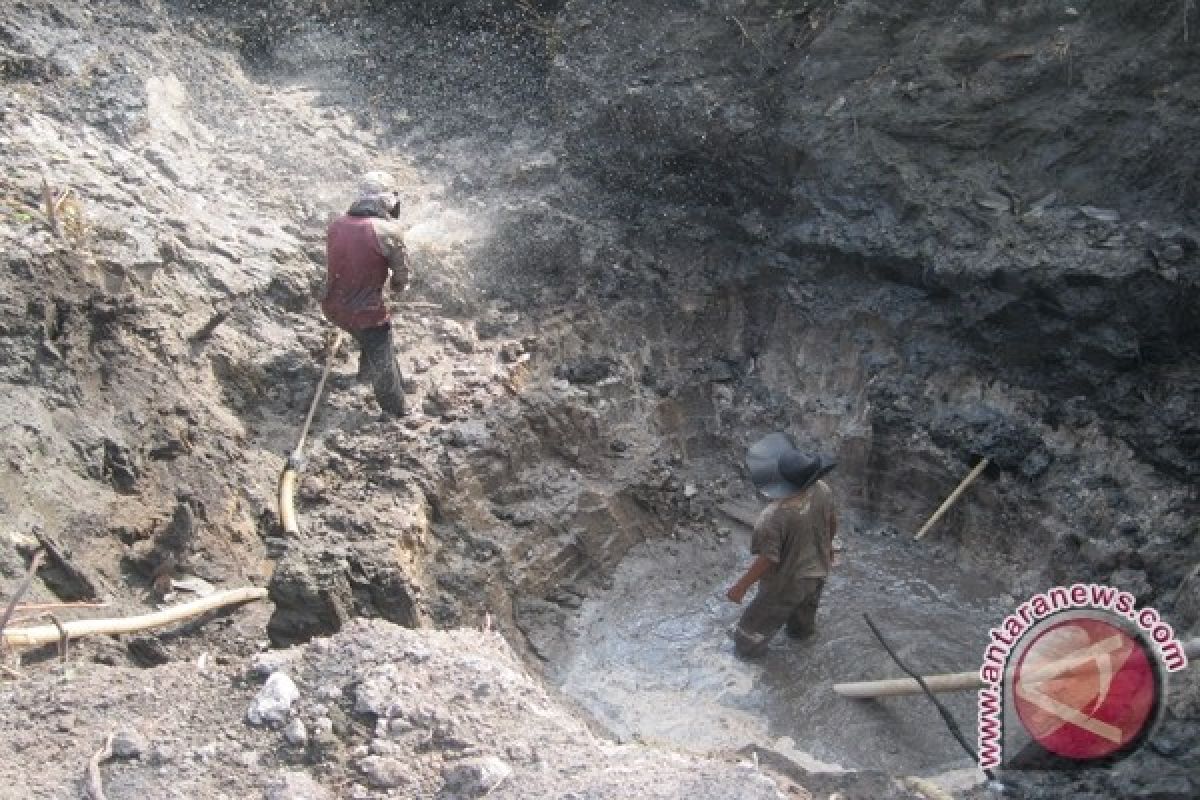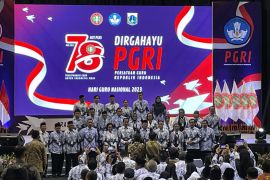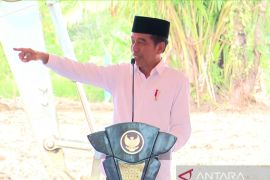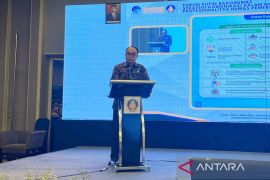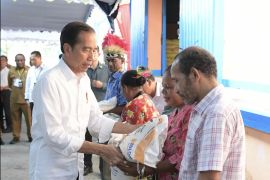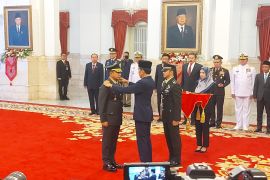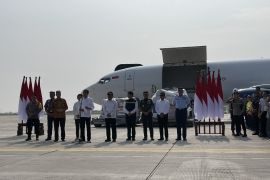I called on the authority to not only monitor traditional mining but also the medium- and large-scale ones."Jakarta (ANTARA News) - Numerous non-governmental organizations (NGOs) have lauded the order issued by President Joko Widodo (Jokowi) to stop the use of mercury in traditional gold mining, as it can damage the environment and harm public health.
"Even if the instruction was not followed by the formalization of the legal products, civil society praises and welcomes the presidents instruction to stop the use of mercury in both small- and large-scale gold mining activities," BaliFokus NGO Program Manager Krishna Zaki remarked in a written statement on Monday.
In the meantime, Indonesian Center for Environmental Law Observer Margaretha Quina noted that multi-party political will and coordination are necessary to implement the National Action Plan, mainly to enforce the law and to facilitate recovery.
Hence, Quina suggested that the ministries and agencies should also be able to create an integrated joint implementation mechanism to monitor and evaluate the performance of various parties involved, including that of local governments.
Indonesian Forum for Environment energy campaigner Dwi Sawung remarked that the presidential instruction was a good step ahead, but it requires some additional action in order to respond to the causes and effects of mercury in a holistic manner.
Sawung expressed keenness to strengthen the political commitment, and thus, the parliament was urged to immediately approve the ratification process of the Minamata Convention on mercury that is being coordinated by the Ministry of Environment and Forestry.
During a closed-door meeting on mercury use in traditional mining here on March 9, 2017, President Jokowi remarked that the use of mercury in various industries, including traditional and small-scale gold mines, could have a negative impact on the environment and public health.
"I have received information that the use of mercury in 850 hotspots of traditional mines has caused hazardous pollution. This has affected not only the health of 250 thousand miners but also their families, especially the children and people living around the mines," Jokowi noted at the time.
As a signatory country to the Minamata Convention in Kumamoto, Japan, on October 10, 2013, Indonesia should not allow such practices to continue.
The president has issued seven instructions for his aides, first of which is to improve the management of small-scale mining firms, both within and outside forest areas.
"The second instruction pertains to banning the use of mercury in traditional mining. During my visit to Maluku Province three weeks ago, I urged the police chief to stop the operations of gold mines that used mercury in Mount Botak, and they have already been stopped by the police chief," he noted.
Monitoring will also become crucial, he stressed, adding that the ban will even be applied for medium- and large-scale mining activities.
"I called on the authority to not only monitor traditional mining but also the medium- and large-scale ones," Jokowi remarked.
In addition, monitoring the source of mercury will also be tightened after reports that the mercury used in traditional mining was imported illegally.
(Uu.O001/INE/KR-BSR/A014)
Editor: Priyambodo RH
Copyright © ANTARA 2017
